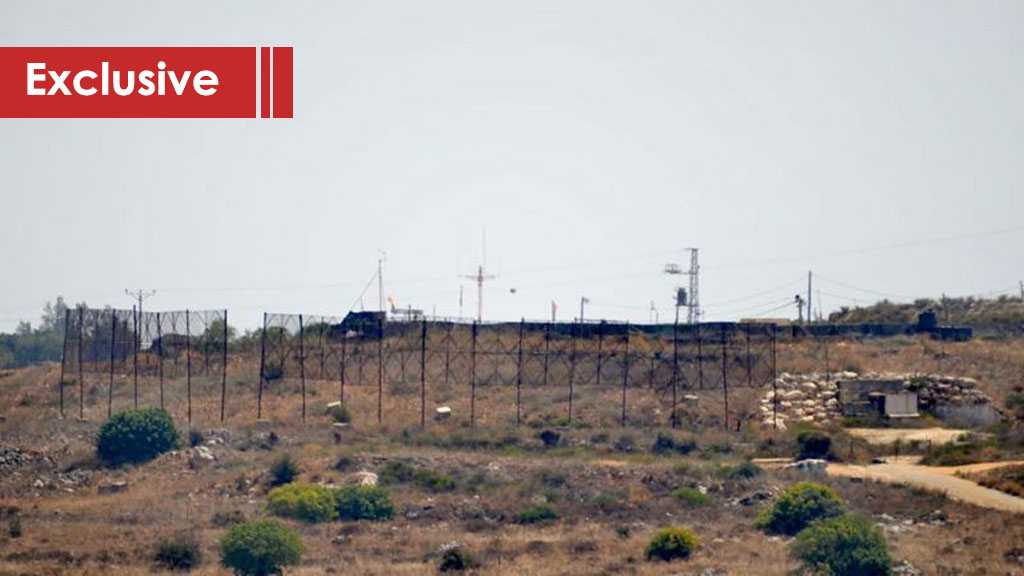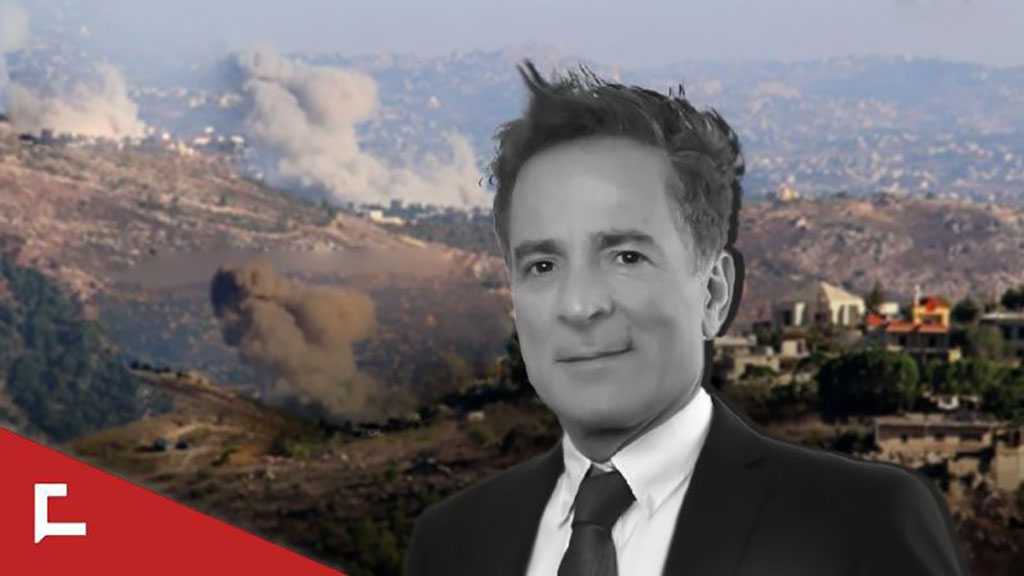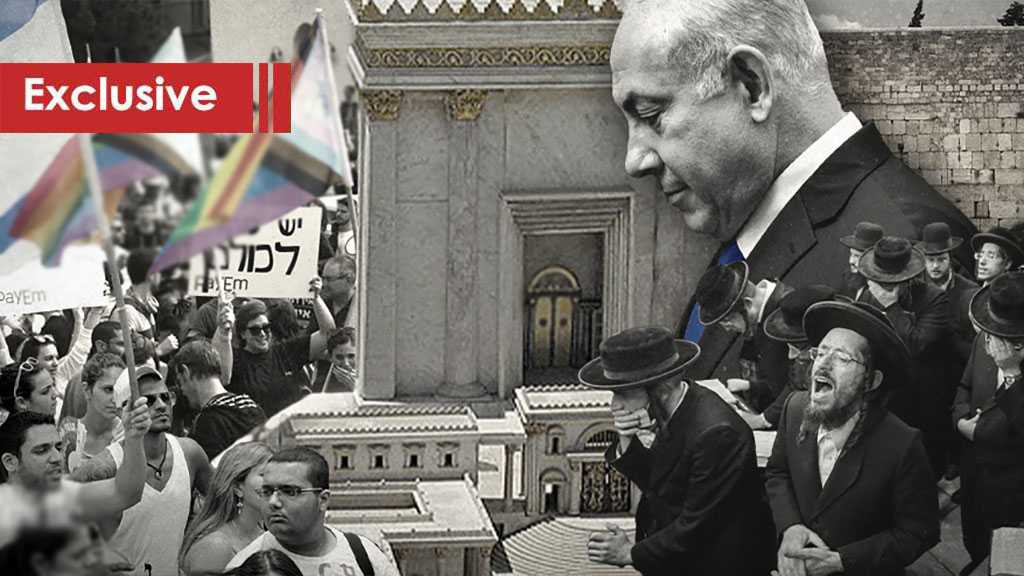The Killing of One Soldier or The Killing of The Whole Entity?

By Ihab Zaki
Whoever lived through the phases of the fight with the Zionist enemy, or even lived it through historical readings, such as my peers, and lived and chanted the popular proverb “whenever a Jew dies” to show scarcity and temporal divergence, especially since the “‘Israeli’ military propaganda” was consolidating that the enemy’s “army” was utterly keen on the life of its soldiers and settlers. The enemy was bound to be shocked by the 2000 Al-Aqsa uprising in the occupied Palestine. From personal experience, the “Israeli ability” to withstand the killing surprised me. “Israel” had officially admitted the killing of 1113 Zionists and wounding of 4,500 soldiers and settlers. It didn’t admit this number during the 1982 invasion of Lebanon. Probably the numbers of the dead and wounded were more than that despite the severity of the fortifications of the sites and soldiers. The Minister of War at that time, Shaul Mofaz, said: “I will follow the soldier who will be killed despite all these fortifications to his grave to ask him how was he killed.” The first reason for the surprise was that the "Israeli" Jews die frequently and successively. The second reason is that "Israel", despite the killing of its soldiers and settlers, it never compromises or stops killing others.
From this historical overview, which I consider extremely important, we understand the "Israeli" mentality and the study of the current situation at the Lebanese Palestinian border. For nearly a month, the "‘Israeli’ army" has been “standing on one foot" waiting for an inevitable response for the martyrdom of Hezbollah fighter Ali Kamel Mohsen in a Zionist raid on Damascus. A remarkable development, as observed by those who got their eyes on the field, which is the scale of the field, Sayyed Nasrallah said that they “hide like rats,” and hide in fear of the killing of a soldier, and here appears the paradox that needs to be examined and scrutinized. How killing one soldier leaves the entity in this horror? How is all this humiliation, that the entity is experiencing, enduring a palatable price for the sake of the life of one soldier? And how does the concern for the life of one soldier become an acceptable bargain with the utter collapse of the entire northern front? This entity is in a state of humiliation never experienced in its history, while the resistance watches closely, speak with confidence, and waits firmly.
From here we can perceive two very important things:
-First: what humiliates “Israel" is not its fear for the life of one soldier, but rather its fear for the life of the entire entity, where the maximum of "Israeli" threats if Hezbollah responds, places it between two options, the easier of which is still bitter. The first one is to swallow the insults, which will have internal repercussions on the level of elections, as well as on the awareness and morale of the settlers, with all its medium and long-term repercussions on the idea of the viability of survival and before the feasibility of the ability. Externally at the level of accelerated normalization, to a lesser extent, as the normalizers work with the White House "remote control" not based on the rules of reality or logic. The second is the response to a response that may lead to an open war, in which the enemy realizes that he is the biggest loser.
-Second: ‘Israel’ is no longer good at war. The former Minister of War Shaul Mofaz, who wanted to chase the dead soldier to his grave to hold him responsible for his death despite all of his capabilities, can now ask the "army" and the entity together about the cause of humiliation and defeat despite all of their capabilities. The war is not just numbers and weapons, but rather it’s that the soul that fights, and the "army" and its entity lack the spirit of fighting. The growing strength of the resistance axis and confrontation frustrated them and established the futility of their efforts in their conviction.
Sayyed Nasrallah confirmed that Hezbollah is not a show party. I previously wrote that "Israel" realizes that Hezbollah is not a show party, but has limited options. It tries to avoid its definitive perception. It creates absurd combat plays on the borders so that Hezbollah sees in it an opportunity to reveal themselves although they know that Hezbollah never hid in the first place, but rather stands firm on solid and stable ground.
These behaviours turned the enemy’s generals into "clowns" of limited intelligence. They reminded me of the French generals at the beginning of the First World War, who were living in a time before modern armies, and had not yet realized that the man-to-man direct combat disappeared with the invention of modern weapons. The French army entered the battlefield in "Morhange" ready, accompanied by bands to excite the soldiers. The German army showered them with cannons, killing thousands of soldiers and capturing tens of thousands. The only difference between the French generals and the "Israeli" generals is that the formers were not aware of the enemy's strength, so it was possible to make up for what they lost, while the "Israeli" generals realize the strength of their enemy so they missed nothing in the first place to catch. All attempts to catch up are pointless. They have no choice but to wait for the killing of a Zionist soldier, and they have to think, from now, about their options. Should they consider it a humiliation that will pass, or will it be a permanent spark?




